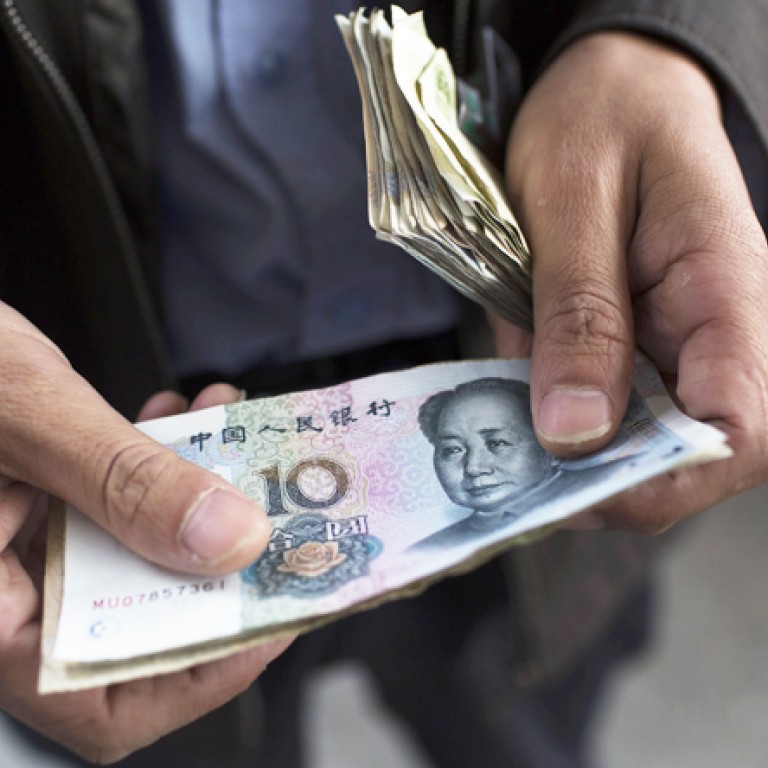
Communist Party's third plenum leaves blanks in key policy areas
The communiqué issued at the end of the Communist Party's third plenum had little to say about areas closely watched by global investors. Yesterday's communiqué stopped short of giving details of concrete reforms of state-owned enterprises and financial institutions, merely acknowledging the importance of the market in allocating resources.
The communiqué issued at the end of the Communist Party's third plenum had little to say about areas closely watched by global investors.
Before its release, expectations were high for concrete reforms of state-owned enterprises and financial institutions following repeated pledges from advisers to government think tanks to rein in the monopolies and introduce a more level playing field for state and private companies.
Yesterday's communiqué, however, stopped short of giving details of such reforms, merely acknowledging the importance of the market in allocating resources.
Two other hot issues closely monitored by investors are the internationalisation of the renminbi and how to bring soaring property prices under control.
Analysts believe this proves that public expectations of the meeting were too high. "Reforms in some critical sectors like the state-owned enterprises are too conservative," said Gary Liu, executive deputy director of the CEIBS Lujiazui Institute of International Finance. "There is already much public anger over the monopolisation of the SOEs."
The communiqué reiterated that the state sector would remain the mainstay of the economy. "China will stick to the dominant role of public ownership, [which will play] the leading role of the state-owned economy, while encouraging, supporting and guiding the non-public sector and enhancing its vitality and creativity," the communiqué reads.
Liu said: "It shows that there is no improvement at all [in crushing the monopoly of the state sector]."
The communiqué was also vague on the overall importance of financial reforms. It only mentioned the objective of "improving and perfecting the financial market system".
"We must wait for more details as overall reforms are pushed forward. Undoubtedly, finance is the key sector related to almost all reforms," said Guo Tianyong, a professor at the Central University of Finance and Economics.
Liu suspects strong resistance from entrenched vested interests is the reason for the silence or vagueness on these sensitive issues.
"Don't expect any magic," he said. "[We] must face reality when talking about reforms."
